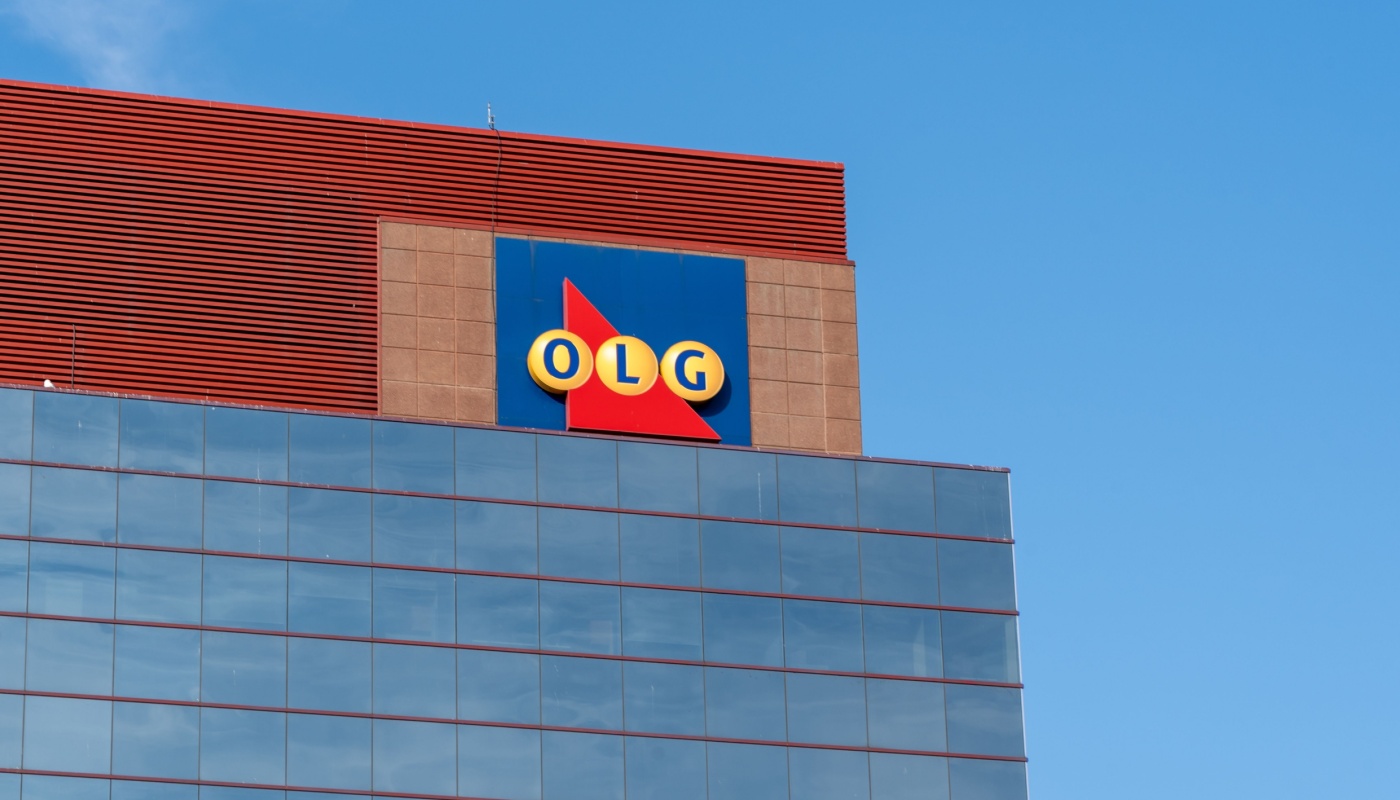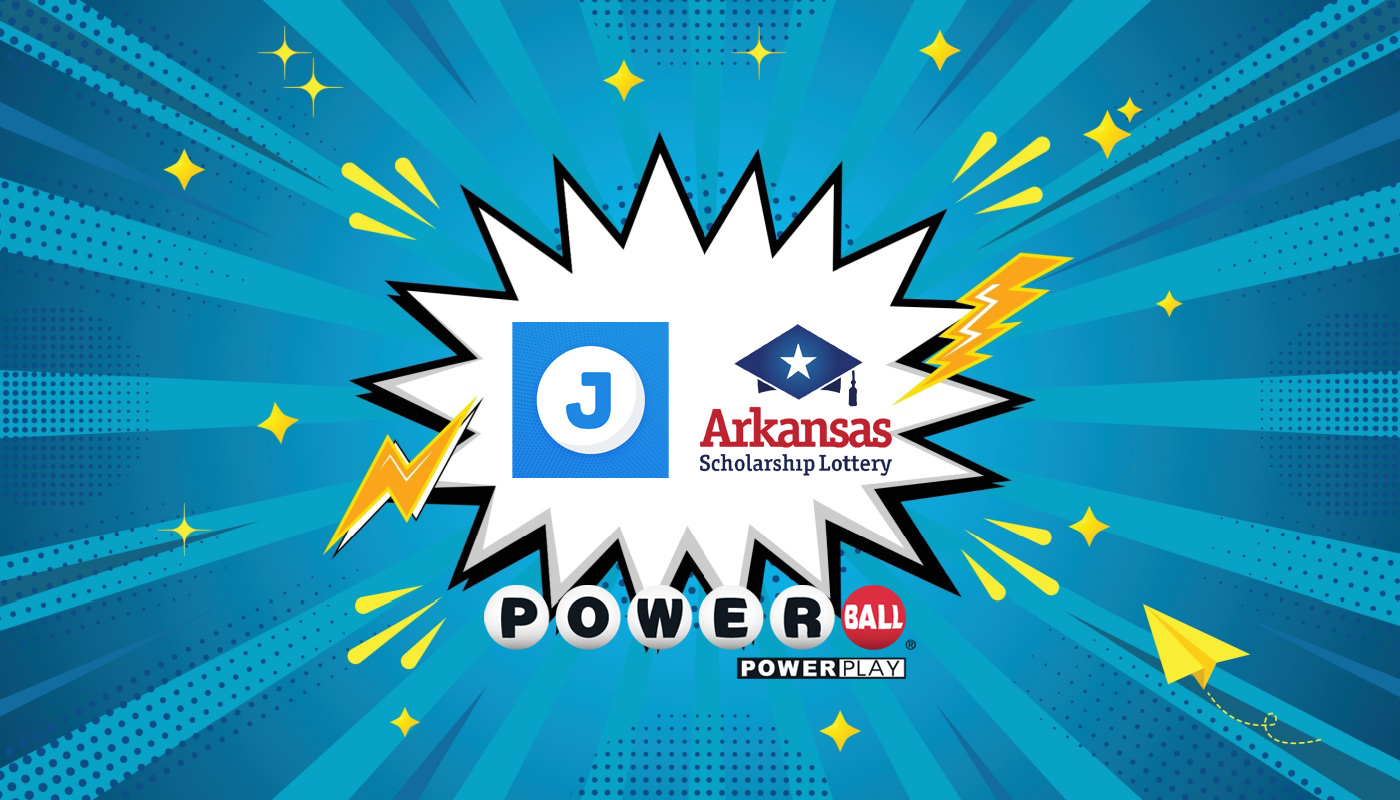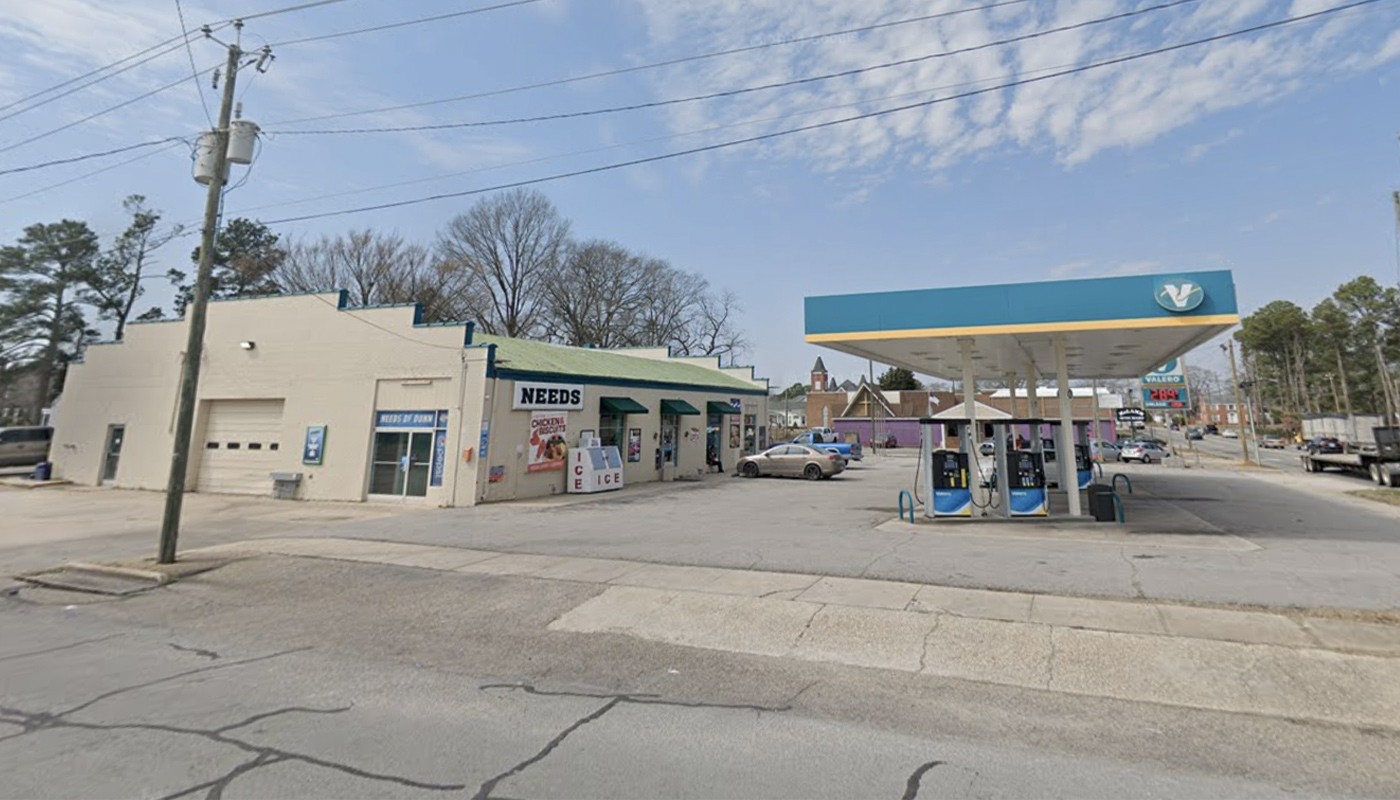
News writer
The iGaming revolution in Ontario, Canada, has dealt a winning hand to its economy. Not only are other Canadian provinces taking notes, but the United States should also take a deep look into their success.
Since opening the virtual doors to regulated online gaming in 2022, Ontario has brought in record-breaking revenues, proving that a bold approach can yield big rewards. See how this booming market stacks up against the United States, where many states remain hesitant about going all-in on online lottery and gambling options.
How Ontario did it
In the spring of 2022, Ontario welcomed a wave of gambling brands into the mix. They did this by establishing clear operating requirements and a clear revenue-sharing model that companies had to follow in order to legally offer their services.
It worked, as in just one year, the Canadian province has seen a record-breaking profit of $2.4 billion in online gaming revenue.
Online gaming options in Canada
Canada has always had a pretty liberal stance when it comes to this form of entertainment. However, the country didn't see a massive shift in the market until iGaming Ontario entered the picture.
iGaming Ontario took a bold approach to how they did things. They opened their doors to offshore brands that happened to already be popular among Ontario gamblers.
Because of that, gambling on those sites became safer. It also made it possible for the provincial government to reap some of the financial benefits.
Right now, the current list for iGaming Ontario includes 51 operators and 83 gambling websites and they are ready to welcome even more new brands.
How do other provinces stack up
While other provinces have embraced the growing demand for internet gaming, they do not extend the same freedom of choice to their players as Ontario does. These other provinces have government-run sites like PlayNow (in British Columbia), Loto-Quebec, and Play Alberta (managed by AGLC).
In addition, the Atlantic Lottery Corporation (ALC) website is also live in Newfoundland, Labrador, Prince Edward Island, New Brunswick, and Nova Scotia.
At the same time, we see provinces like Yukon, Nunavut, and the Northwest Territories having a solid player base, but not having a regulated online gaming market.
In Canada, they don't have any laws in place that prohibit Canadians from gambling on licensed offshore casinos.
Some iGaming Ontario stats
For a better understanding of the success of iGaming Ontario, here are some other stats shared in the report:
- Total gaming revenue was $738 million for Q2, which was a 35.4% increase over Q2 of last year.
- During Q2, there were more than 1.32 million active player accounts.
- Each active player account was spending $308 on average per month.
- Casino games accounted for $16 billion (86%) of total wagers.
How does the United States stack up
While Ontario thrives, many U.S. states still haven't embraced online lottery and iGaming options. Only a dozen states, including Michigan, Pennsylvania, and Virginia, offer online lottery sales or digital instant games, with Kansas planning on joining them in 2025.
This slow adoption in the United States is often attributed to legislative gridlock and opposition from brick-and-mortar lottery retailers.
These other states that haven't adopted online lottery sales are lagging behind, and Ontario is a great example of how iGaming positively impacts gaming revenue. Yet states that have adopted online lottery options, like Michigan and Pennsylvania, consistently report strong revenue gains, often surpassing Ontario's performance.
Since Americans spend billions of dollars each year on the lottery, the fact that some states lack an online platform means they are missing out on significant economic and technological advances that other states and Canadian provinces have already embraced.
Enjoy playing the lottery, and please remember to play responsibly.


















Comments